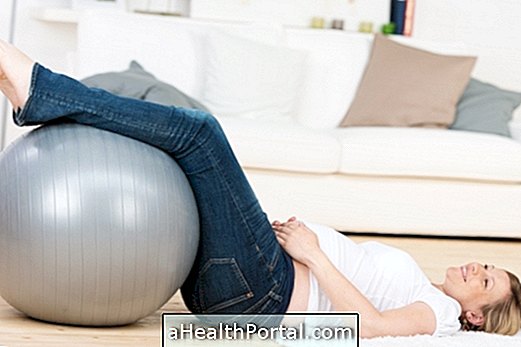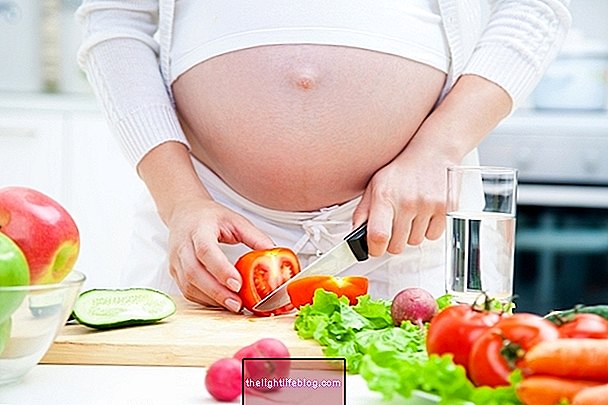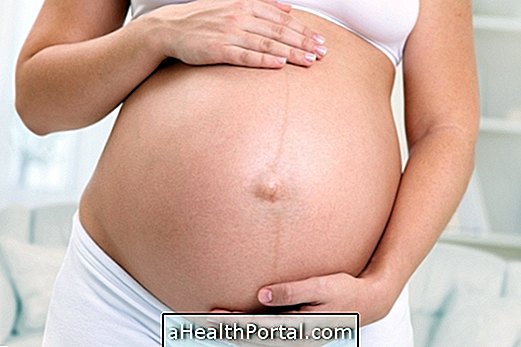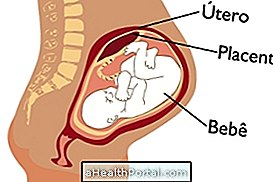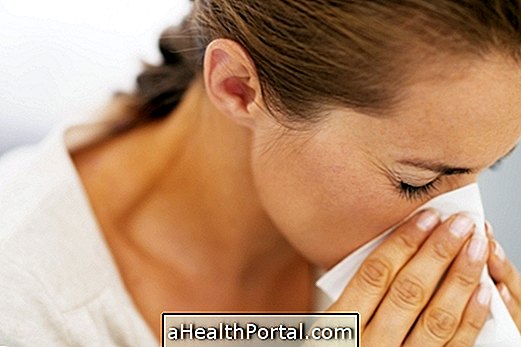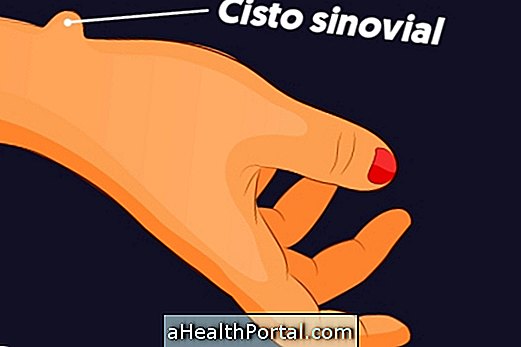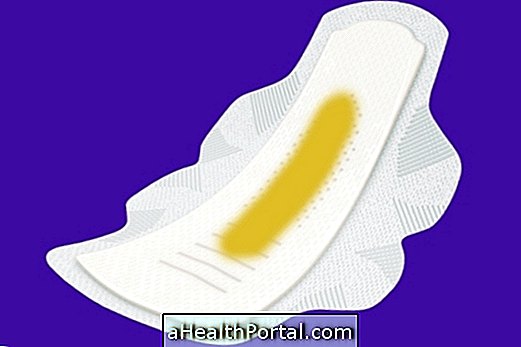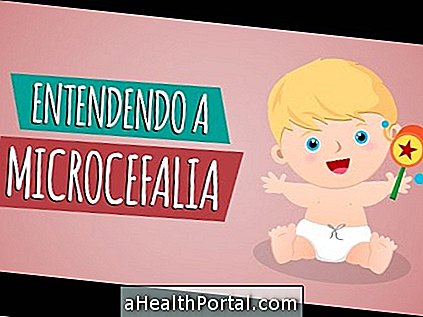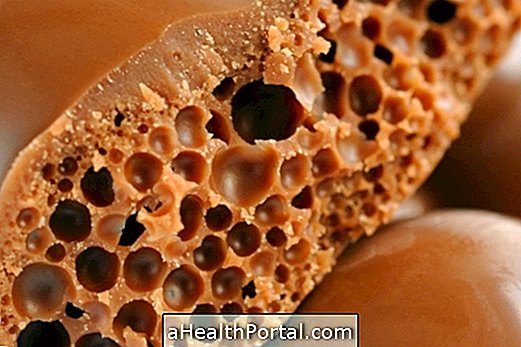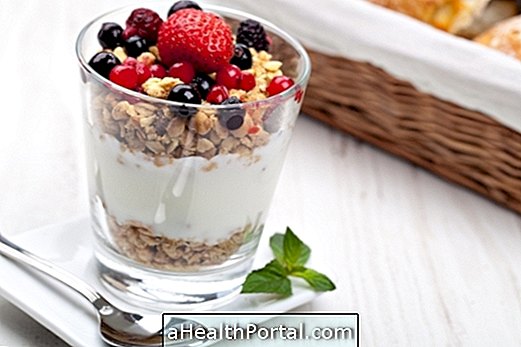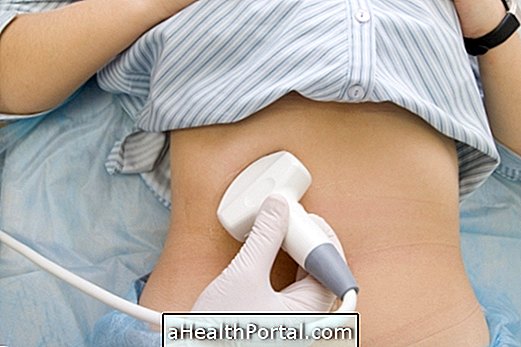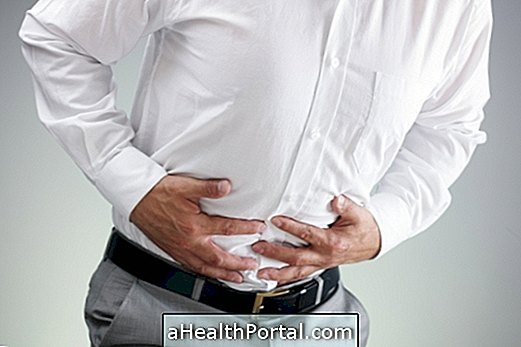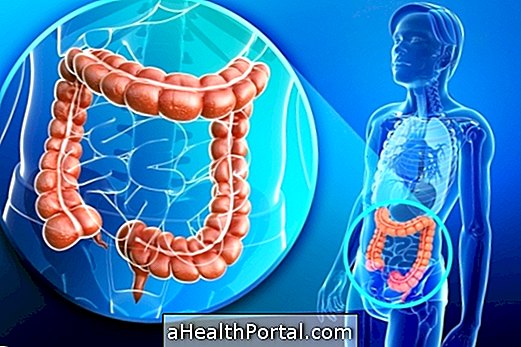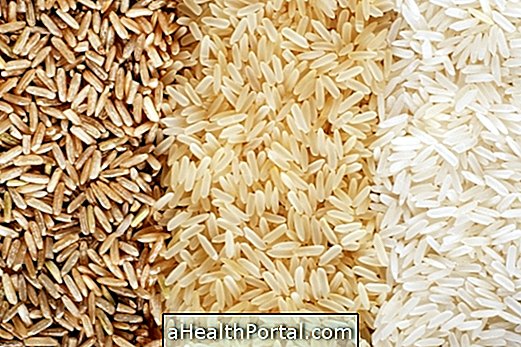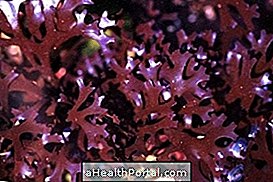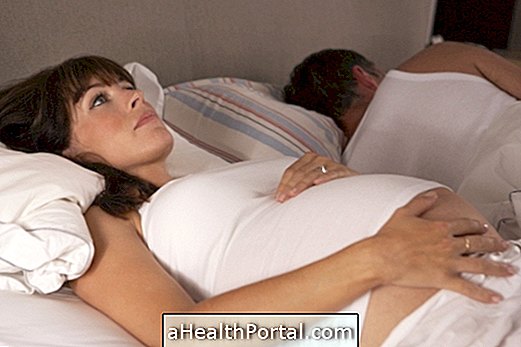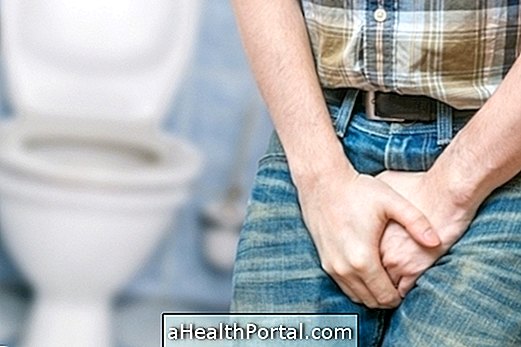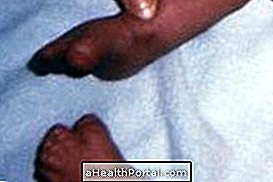Early pregnancy discomfort, such as nausea, tiredness and cravings, arise due to the hormonal changes characteristic of pregnancy and can be very uncomfortable for the expectant mother.
These changes are important in preparing the body for pregnancy, childbirth and breastfeeding, but a part of the discomfort is due to the emotional system of the woman who is usually shaken due to a mixture of happiness and worry. But there are some simple strategies that can help deal with each situation without harming the woman or the baby.
1. How to relieve motion sickness
To relieve motion sickness in pregnancy, you can buy a wristband against seasickness at the pharmacy or at online stores because they press a specific point on the wrist and through reflexology it fights nausea. Another strategy is to suck ginger bullets. Other tips include sucking a lemon popsicle, avoid eating fatty or seasoned foods, and making small meals every 3 hours.
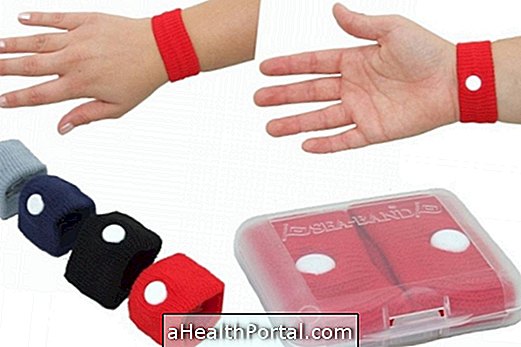
Nausea is common in early pregnancy due to hormonal changes, which increase the acidity of the stomach, and the growth of the uterus, which pushes the stomach upward, tending to disappear around the 3rd or 4th month of gestation.
2. How to relieve tiredness
To relieve tiredness in pregnancy, the pregnant woman should rest during the day whenever possible, and drink an orange and strawberry juice, as it is rich in vitamin C and iron, which give energy, reducing fatigue.
3. How to relieve headache
To relieve headache during pregnancy, a great tip is to apply a cold water compress on the forehead or put about 5 drops of the lavender oil on the pillow as the lavender has analgesic action.

The headache in pregnancy can arise due to hormonal changes, tiredness, low blood sugar levels or hunger, tending to subside or disappear in the second trimester of gestation.
4. How to relieve desires
Unusual dietary desires in pregnancy generally reflect a nutritional deficiency of the mother and can occur in any trimester of pregnancy. To alleviate extraneous food cravings in pregnancy, nutritional supplementation should be recommended by the obstetrician or nutritionist.
5. How to relieve tenderness in breasts
To relieve pain in the breasts, the pregnant woman can use a comfortable pregnancy-friendly, wide-breasted, well-supported breasts that have a latch to adjust size and have no iron.
Pain and increased tenderness in the breasts can begin to be felt by the pregnant woman from the first trimester of pregnancy due to the hormonal changes that make the breasts of the pregnant woman increase in size and become firmer and more sensitive and can cause pain.
Tiredness in pregnancy is frequent in the first few months of gestation due to physical and hormonal changes that cause a greater energy expenditure, causing fatigue.
6. How to relieve constipation
To relieve constipation in pregnancy, drink about 2 liters of water a day, do regular exercise, such as walking or water aerobics, and increase consumption of fiber-rich foods such as mango, papaya, oats, squash, oranges, kiwi and chuchu. See also: What to do when you experience abdominal pain in pregnancy.

Constipation in pregnancy can occur due to hormonal changes and pressure in the uterus that cause the digestion to slow down and may last until the end of gestation.
7. How to relieve gas
To relieve the gas in pregnancy, the pregnant woman can take 1 or 2 capsules of activated charcoal per day, with interval of at least 2 hours after taking some remedy indicated by the doctor or nutritional supplement. Other measures to alleviate flatulence include drinking fennel tea as this medicinal plant has anti-spasmodic property as well as avoiding foods that cause flatulence.
Flatulence in pregnancy is also related to the fact that the intestinal transit becomes slower, facilitating the production of gases, which can last until the end of the pregnancy.
8. How to relieve hemorrhoids
To relieve hemorrhoids in pregnancy, an excellent solution is to take a warm bath with warm water or apply a wet cloth with witch hazel tea in the anus, as this medicinal plant has astringent and anti-inflammatory action. Another tip to relieve the pain, swelling and itching of hemorrhoids is to use an ointment for hemorrhoids for use in pregnancy, such as Ultraproct or Proctyl, under the guidance of the obstetrician.
Hemorrhoids in pregnancy are related to increased pressure in the pelvic region and increase in the amount of blood circulating in the anal region, with constipation increasing the risk of hemorrhoids.
Learn how to relieve other discomforts that may arise late in pregnancy in: How to relieve discomfort in late pregnancy.
Check out these and other tips in the following video:

